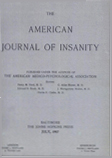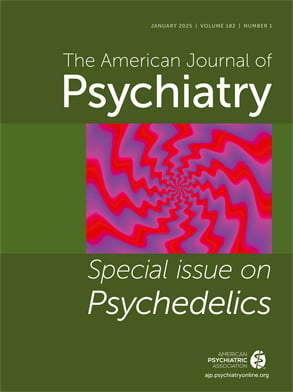Abstract
In evaluating our results with the insulin therapy we excluded all cases with a tendency to remission, since we did not know whether the improvement was a result of the treatment or would have occurred spontaneously.
After the exclusion of this group there remained 127 cases.
In our first reports from the Wilno clinic we grouped as acute cases illnesses lasting from 1-12 months. Later we became convinced that a 6-months’ duration constitutes a very good dividing line with respect to prognosis. Thus we obtained a clear picture by separating the cases of 1-6 months’ duration from those of 7-12 months, as Sakel and Dussik had done. This classification was already introduced by Borysowicz and Witek in the comprehensive work published from our clinic in January 1937; it was evidently overlooked by M. Muller in his Insulin and Cardiazol Shock Therapy of Schizophrenia.
The results so far obtained with insulin therapy as seen on the day of discharge from our clinic are put together here:
This table shows that when the disease has lasted over a year, the chance of a cure is slight, scarcely 5.2%. Likewise the percentage of good results in cases of 7-12 months' duration is far behind that seen in very recent cases, and amounts to 14.8%.
In cases of i-6 months' duration our results may be considered as promising, since we had on the day of discharge 55.8% remissions and great improvements. According to the latest findings, this percentage is now lower, amounting to 41.8%.
In 12 cases of 1-6 months' duration of illness, which were treated with Sakel's latest methods the results are much more favorable. On the day of discharge from the clinic the treatment had been successful in 10 of the 12. Unfortunately we have too small a number of cases to be able to draw valid conclusions. It is difficult also to avoid errors in evaluating the results, as one of these 12 cases shows. The patient, A. W., after careful examination was discharged from the clinic as greatly improved. At home her condition at once grew worse so that she committed suicide on the sixth day. When we consider that with 12 cases, I makes a difference of about 10%, we may easily see how illusory percentages can be when the number of cases studied is small.
Moreover, I heard before my departure that still another of these 10 cases had suffered a relapse so that only 8 of the 10 remissions now remain in remission.
In 8 cases of 7-12 months' duration of illness we succeeded in obtaining only one remission in spite of using Sakel's new modifications.
This poor result which contrasts so sharply with that obtained in the cases of 1-6 months indicates that an illness of 6 months constitudes an important dividing line with respect to the effectiveness of the insulin therapy, for, regardless of the particular method used, the percentage of remissions and good improvements falls off sharply as the duration of the illness exceeds 6 months.
Our present data which include 127 cases without relapse are insufficient, since for establishing percentages at least 400 are required.
The phase in the insulin therapy at which improvement begins is difficult to locate since, like Sakel, we have not employed one and the same method since the beginning. Observations made in our clinic have taught us that improvement may start at different periods of the treatment. Most frequently it is met with in the first 3 or 4 weeks, often after only a few shocks.
The perils of large doses of insulin, at first so strongly emphasized, have been shown to be very slight when suitable precautions are taken. In our clinic we have not had a single death as a result of the insulin treatment.
We have been treating with insulin since February 1934 all cases of acute schizophrenia and conditions suggesting schizophrenia. The catamneses will show us in the future to what extent other psychoses were to be found among the treated cases, the diagnosis of which could not be definitely established because of the short period of observation, amounting often only to days or a few weeks. These factors must be faced in the final evaluation of the effectiveness of the insulin therapy. We must likewise keep in mind the fact that acute schizophrenia and conditions suggesting schizophrenia show a great tendency to spontaneous remissions and improvements.
Accordingly, no final conclusions concerning the degree of effectiveness of the insulin therapy can be drawn without a comparison of abundant material comprising both'treated and untreated cases. The frequency of spontaneous remissions in schizophrenia and maladies of schizophrenic character is sufficiently demonstrated by our past material. Of 164 treated cases we found no less than 37 which had in their earlier course undergone spontaneous remissions.

